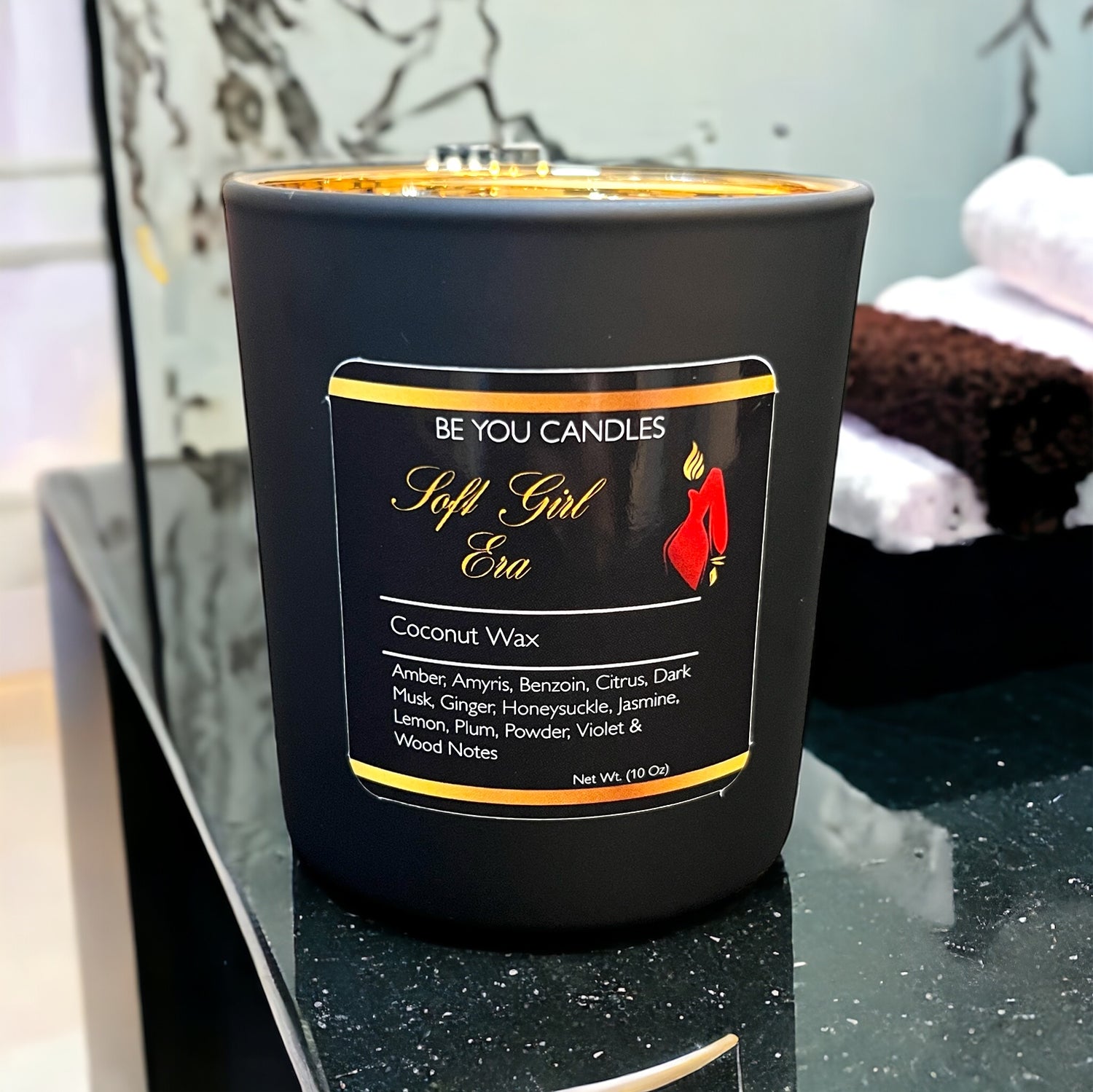
Fragrance Oils
Fragrance oils are synthetic or artificially derived aromatic compounds. These oils are meticulously crafted in laboratories to mimic various scents found in nature or create entirely unique fragrances. Here are some key characteristics of fragrance oils:
- Synthetic Origins: Fragrance oils are primarily composed of synthetic chemicals. While they may contain a small percentage of natural components, the majority of their composition is man-made.
- Consistency: Fragrance oils have a consistent scent profile. This means that each bottle of a particular fragrance oil will smell virtually identical to the next, allowing for precise scent replication.
- Versatility: Fragrance oils can be used in a wide range of applications, including candles, soaps, perfumes, lotions, and air fresheners. Their stability and predictability make them a popular choice in the fragrance industry.
- Affordability: Fragrance oils are generally more cost-effective than essential oils. Their production is streamlined and efficient, leading to lower price points.
- Longevity: Fragrance oils tend to have a longer-lasting scent compared to essential oils. This is due to their synthetic nature and resistance to volatility.
In contrast to fragrance oils, essential oils are natural aromatic compounds extracted from various parts of plants, including leaves, flowers, bark, and roots. Here are the key characteristics of essential oils:
- Natural Origin: Essential oils are derived directly from plants, making them a wholly natural product. The extraction methods include steam distillation, cold pressing, or solvent extraction, ensuring the preservation of the plant's natural aroma.
- Variability: Essential oils can vary in scent from batch to batch due to natural variations in the plants they are extracted from. This variability can add complexity and uniqueness to their fragrances.
- Therapeutic Properties: Essential oils are not only used for their scent but also for their potential therapeutic benefits. They are often employed in aromatherapy for their purported abilities to promote relaxation, relieve stress, and address various physical and emotional concerns.
- Limited Use: Essential oils are typically used in products designed for personal care, massage, and aromatherapy. While they can be added to candles and diffusers, they may not be as stable or long-lasting as fragrance oils in some applications.
- Higher Cost: Due to the labor-intensive extraction process and limited yields from plant sources, essential oils are generally more expensive than fragrance oils.
The choice between fragrance oil and essential oil ultimately depends on your specific needs and preferences:
- If you're looking for a cost-effective option with consistent scents for home fragrance or crafting projects, fragrance oils are a great choice.
- If you seek natural, therapeutic benefits and appreciate the nuances of varying scents, essential oils are the way to go.
- For a blend of affordability and natural origin, you can also find some fragrance oils that incorporate a small percentage of essential oils to enhance their appeal to health-conscious consumers.



